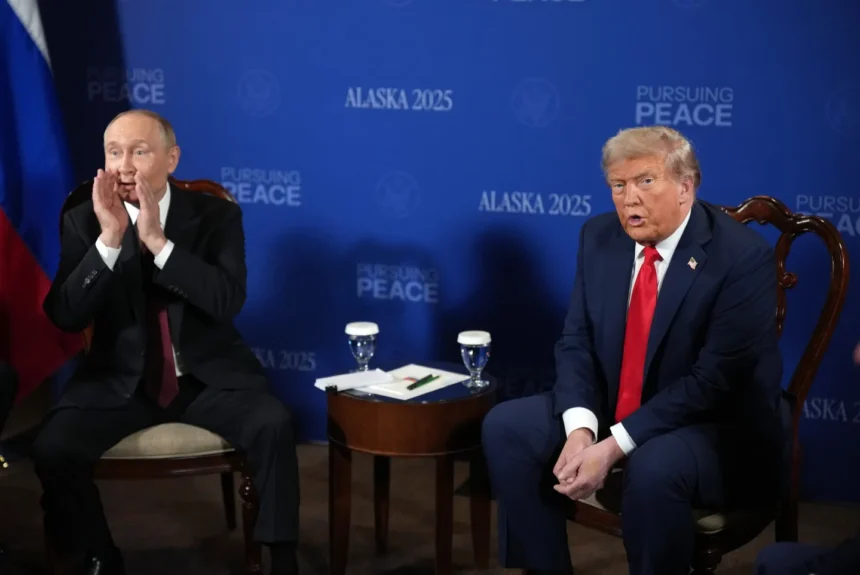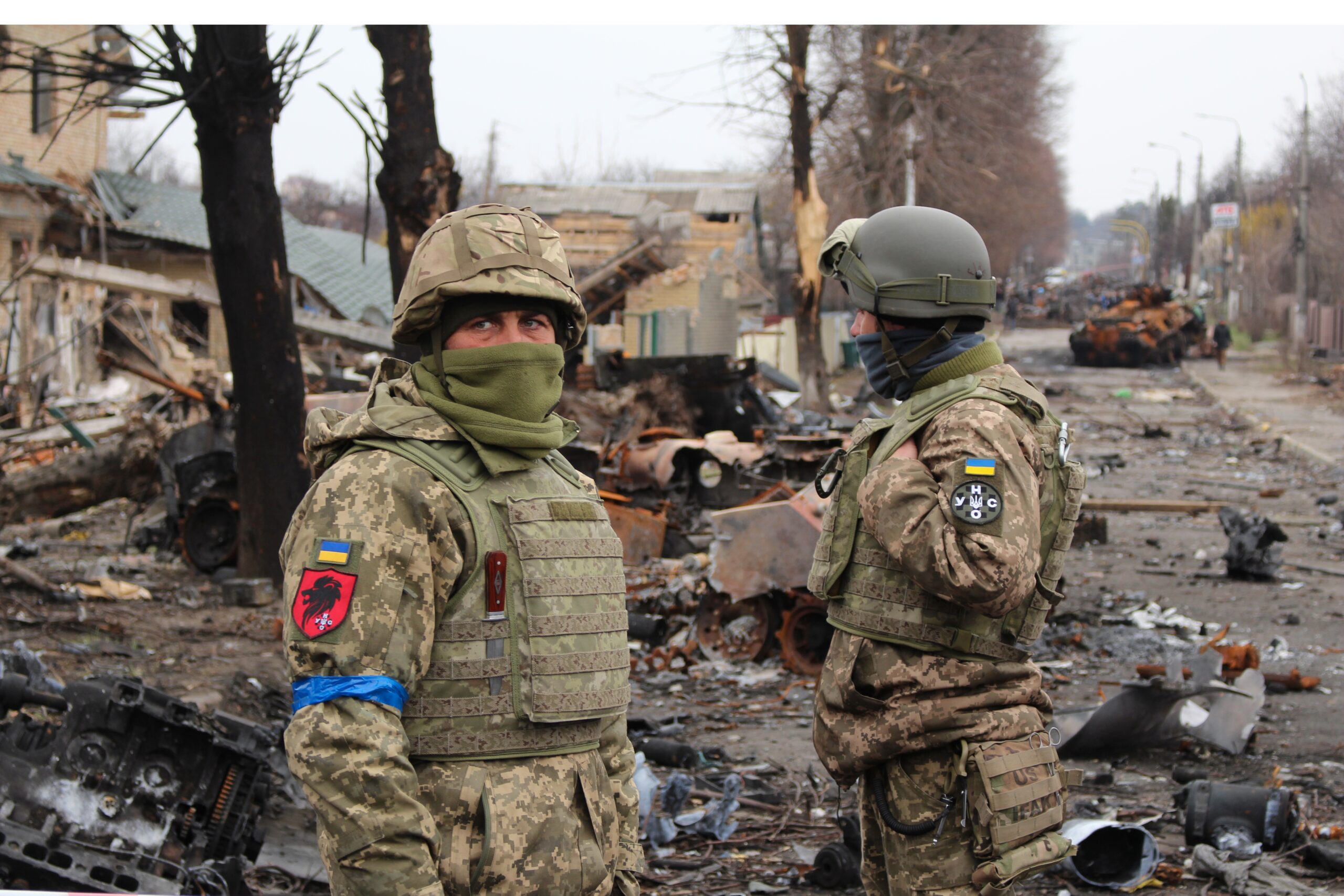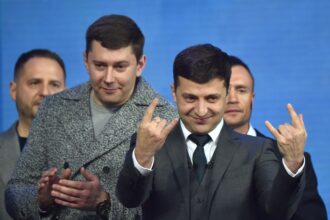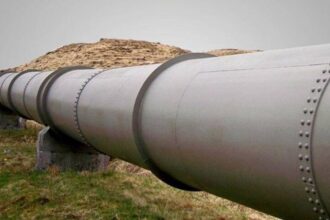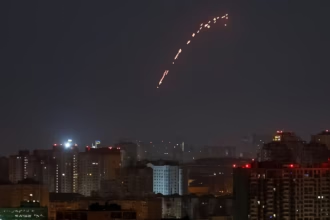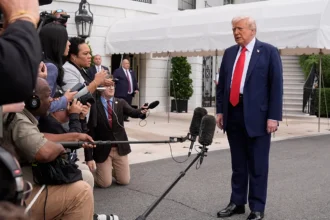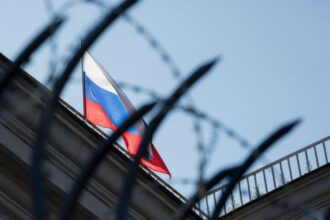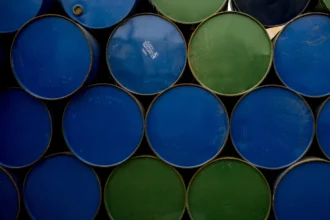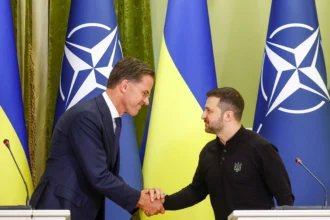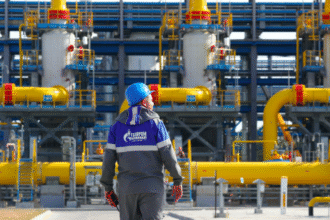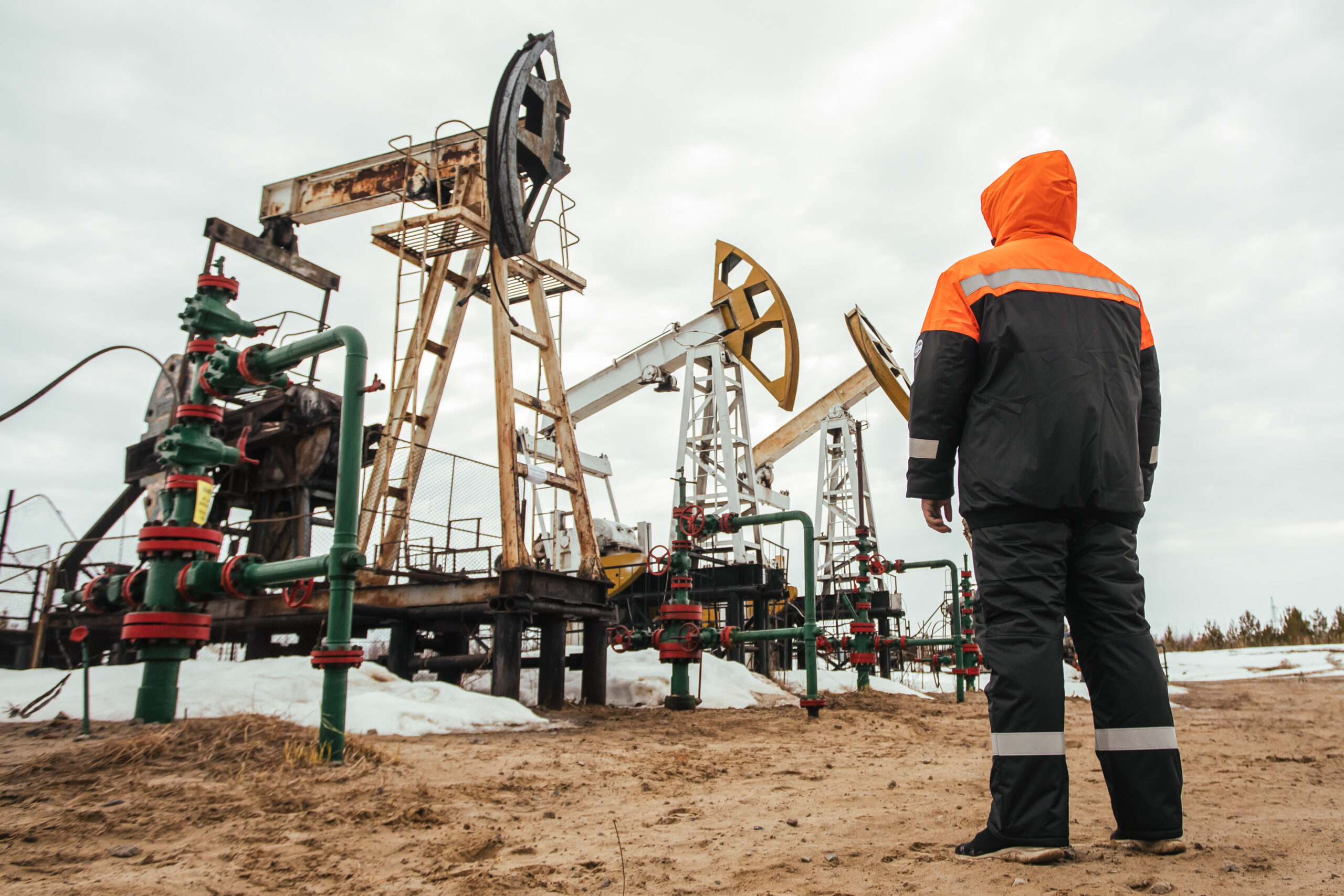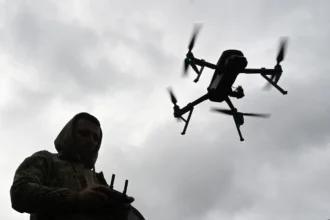Eighteen months after weathering the initial economic shock of Western sanctions, Russia is once again showing signs of severe strain. Analysts warn that the country is teetering on the brink of recession, as a collapsing agricultural outlook and declining revenues from key exports put mounting pressure on President Vladimir Putin’s war economy.
A Fragile Economy Under Pressure
Following the invasion of Ukraine in 2022, Russia endured a wave of sanctions that targeted its banking sector, trade routes, and ability to access Western technology. Yet the country’s economy initially surprised observers with its resilience, supported by high energy prices, a surge in military spending, and continued trade with China, India, and other non-Western partners.
Now, however, cracks are emerging. Inflation is climbing, the ruble has weakened, and consumer confidence is falling. According to several independent forecasts, Russia may slip into negative growth later this year, marking the first contraction since 2022.
The Harvest Crisis
Perhaps the most pressing problem is agriculture. Once a source of pride and vital foreign exchange, Russia’s grain industry is bracing for one of its weakest harvests in years. A combination of extreme weather, logistical bottlenecks, and shortages of modern equipment—exacerbated by sanctions—has devastated yields.
Heatwaves and flooding across key growing regions have disrupted planting and reduced expected output of wheat and other staples. Farmers have also struggled with the lack of spare parts for Western-made machinery, forcing reliance on outdated Soviet-era equipment and imports from China that do not fully meet their needs.
For Russia, this is not just a food security issue—it is a financial one. Wheat exports have been a major source of hard currency, particularly to countries in Africa and the Middle East. A bad harvest threatens to slash export revenues at a time when Moscow can least afford it.
Oil and Gas Revenues Slide
Compounding the agricultural crisis is a downturn in Russia’s most important cash stream: energy. Oil and gas have long been the backbone of state revenues, funding both government operations and the war effort in Ukraine.
But global energy prices have cooled, and the G7-imposed price caps on Russian crude are biting harder than before. Discounted sales to Asian buyers like China and India continue, but at significantly lower profit margins. Meanwhile, logistical challenges—including limited tanker access and insurance hurdles—have eroded earnings.
Russian gas exports to Europe, once a dominant revenue stream, have collapsed since 2022, and attempts to reroute supplies eastward have not fully compensated. Analysts estimate that energy revenues in the first half of this year are down by double digits compared to 2023.
The War Economy Tradeoff
Despite these pressures, Moscow has continued to prioritize military spending. Defense budgets have soared to record levels, with funds diverted from social programs and infrastructure. While this spending provides a temporary boost to certain industries, it comes at the cost of long-term stability.
Ordinary Russians are already feeling the effects: rising food prices, higher borrowing costs, and shortages of goods once taken for granted. Economists warn that if agricultural exports collapse while energy revenues slide, the government may have to tap deeper into reserves or expand borrowing—both of which risk further destabilizing the economy.
Geopolitical Ramifications
A weakening Russian economy has global implications. Reduced grain exports could drive food price volatility in Africa and the Middle East, regions heavily reliant on Russian and Ukrainian supplies. Lower oil revenues may push Moscow to tighten alliances with Beijing and Tehran, deepening geopolitical blocs in opposition to the West.
Domestically, Putin faces a delicate balancing act. While the Kremlin has maintained strict control over political dissent, prolonged economic hardship could erode public support and fuel discontent among elites who depend on energy and export revenues.
Conclusion: A Tipping Point
Russia’s economy has endured more than many Western leaders expected after the Ukraine invasion, but its resilience may now be reaching its limits. A disastrous harvest, combined with falling oil and gas revenues, threatens to push the country into a downturn at precisely the moment it needs resources to sustain the war.
For Putin, the risks are twofold: an economy unable to keep pace with military ambitions abroad, and a population increasingly strained at home. With two of his most important revenue pillars under pressure, Russia’s future stability looks more precarious than at any point since 2022.

